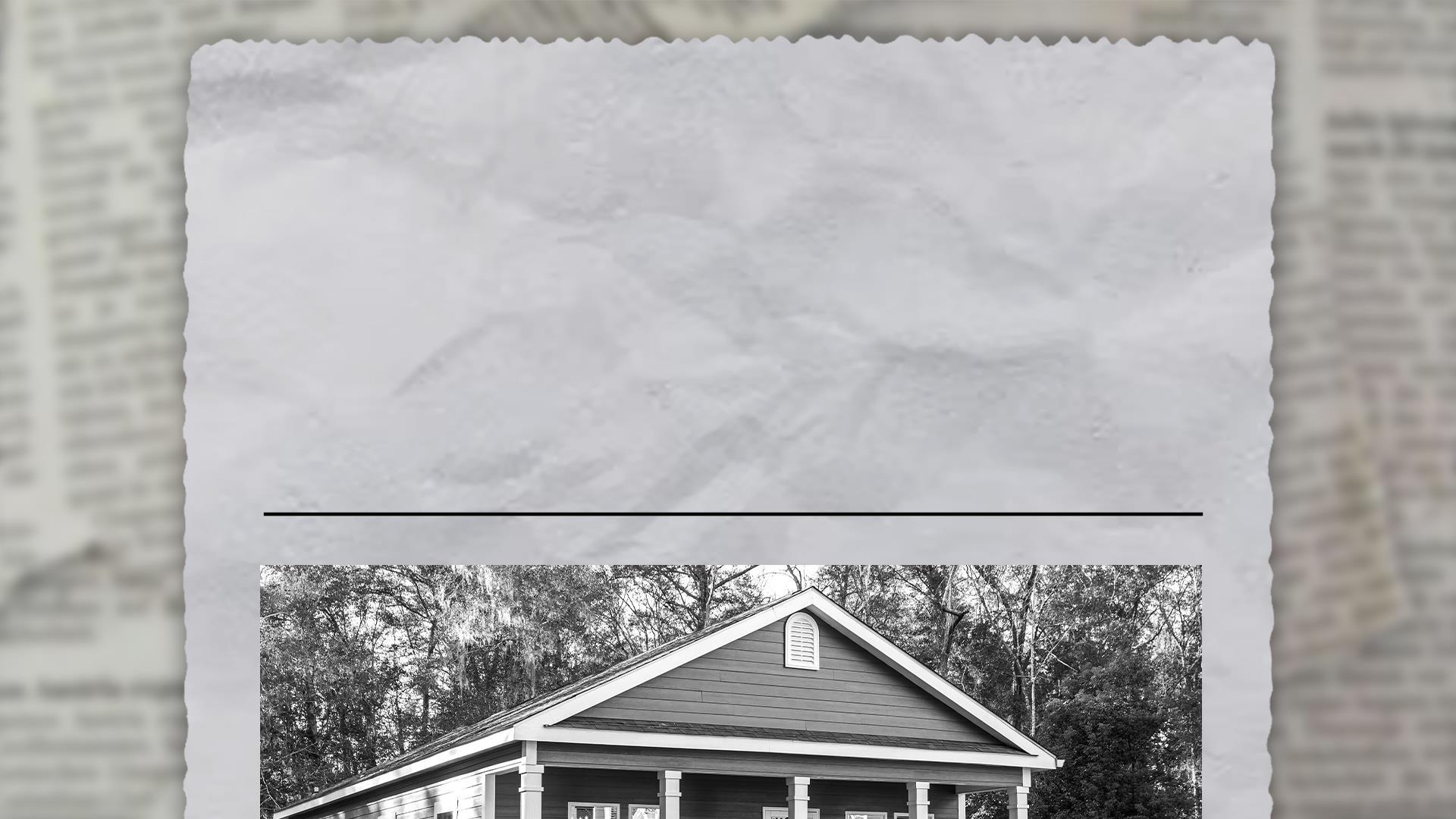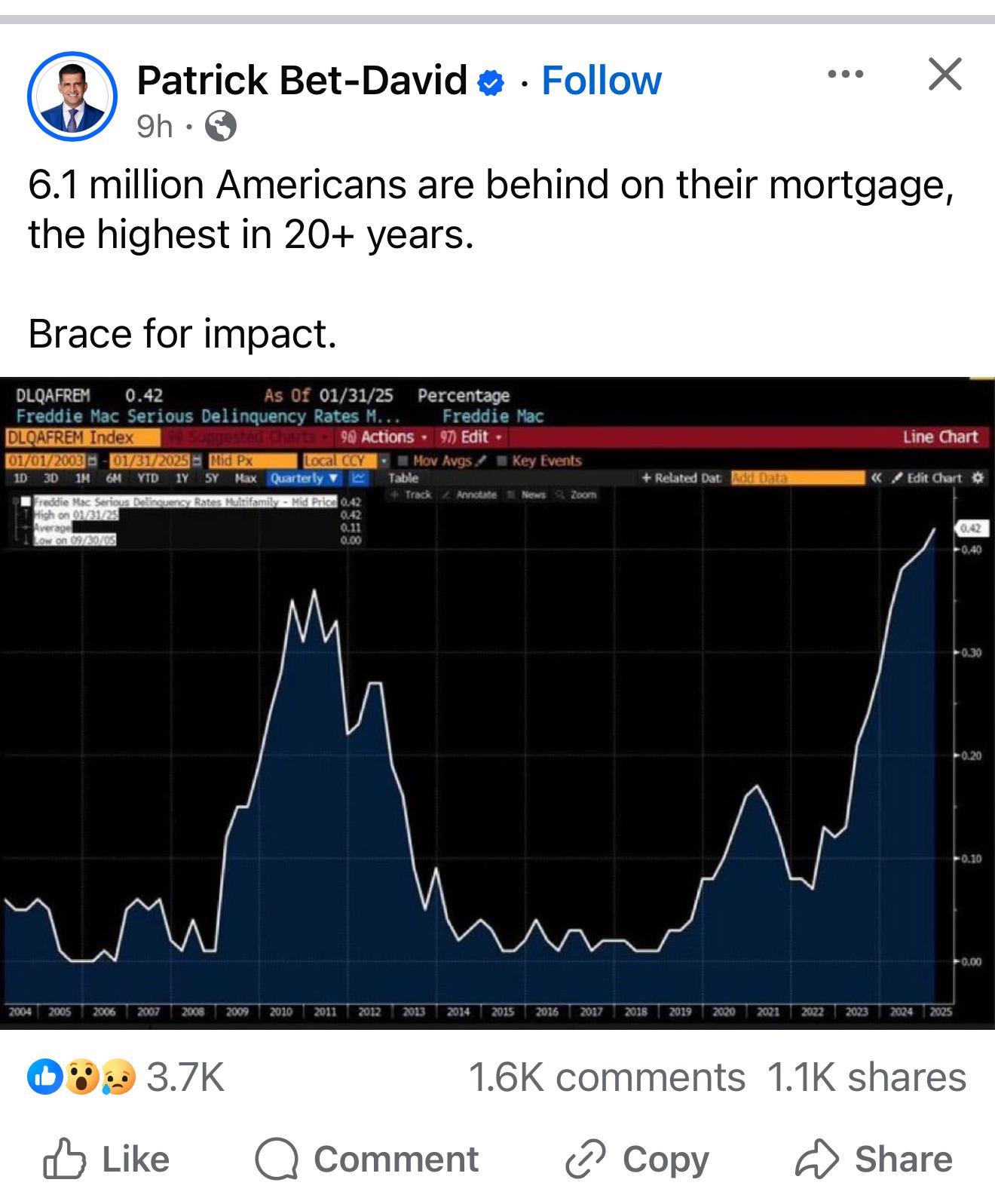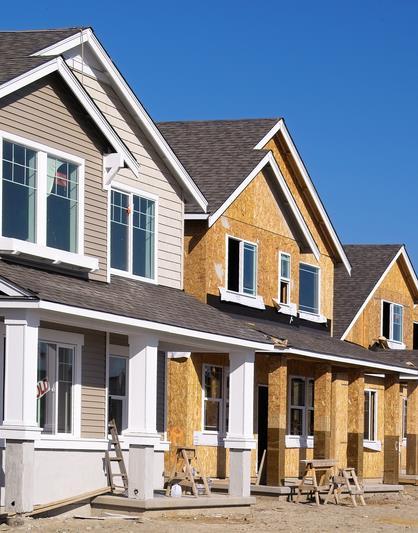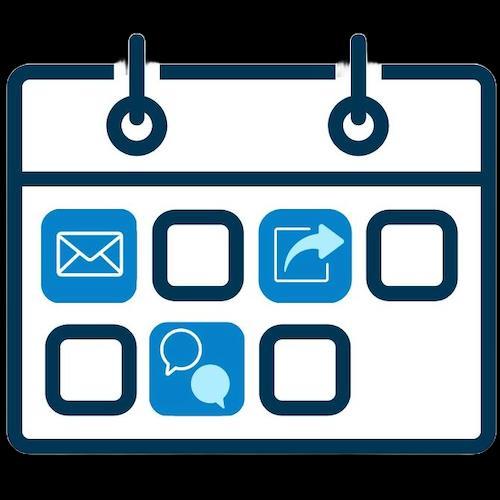Monthly Market Report
Presented by David Childers, President of Keeping Current Matters
What you need to keep an economy chugging is businesses investing, businesses hiring, and people spending money. If people are apprehensive about whether their jobs are going to go away or whether there are going to be more layoffs in the future, you're gonna start to see a pullback on spending.
Alex Jacquez Chief of Policy and Advocacy, Groundwork Collective
Consumer Spending Declined for the First Time in Nearly Two Years in January Personal Consumption Expenditures, in Billions
18,000 18,400 18,800 19,200 19,600 20,000 20,400 20,800
The risks of a U.S. recession starting in the coming year are uncomfortably high and rising. I would put them at 35%, up from 15% at the start of the year.
Mark Zandi Chief Economist, Moody’s Analytics
A
Recession Does Not Mean Falling Prices
Home Price Change During the Last 6 Recessions
Sources: CoreLogic, The Balance
A lot of people have this idea that home prices fall during recessionary periods. There's really not much of a connection between home prices and recessionary periods, other than of course the Great Financial Crisis.
Laurie Goodman Fellow, Urban Institute
A Recession Means Falling Mortgage Rates
Mortgage Rate Changes During the Last 6 Recessions
Source: Freddie Mac, Mortgage Specialists
Number of New Homes on the Market Reaches Highest Level Since 2009
Completed New Homes for Sale, Seasonally Adjusted
February 2025: 119,000
Source: Census
Newly Built Homes as a Percent of All Homes for Sale
As of February 2025, over 30% of all homes for sale were newly built.
Source: Census, NAR
This means more homes on the market and more options for home buyers, which is good news for a housing market that has been underbuilt for over a decade.
Deputy Chief Economist, First American
Odeta Kushi
Regional And Metro Area Inventory Trends
15 Southern and Western Metros Have More Inventory Than Pre-Pandemic Levels
Regional Inventory Change, Percent (2017–2019)
Y-O-Y Pre-Pandemic













